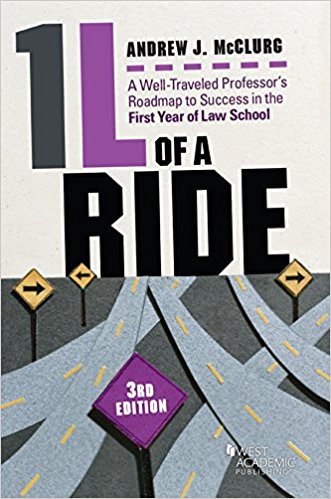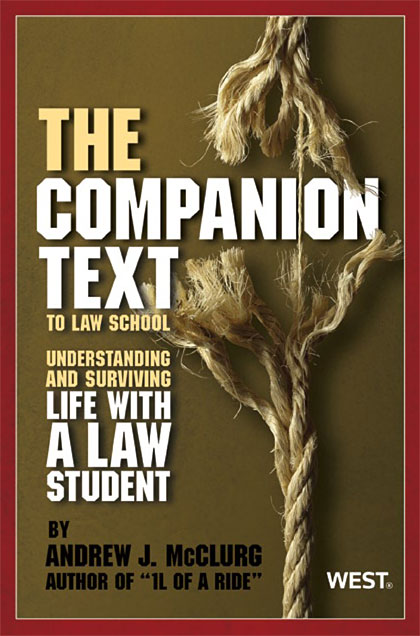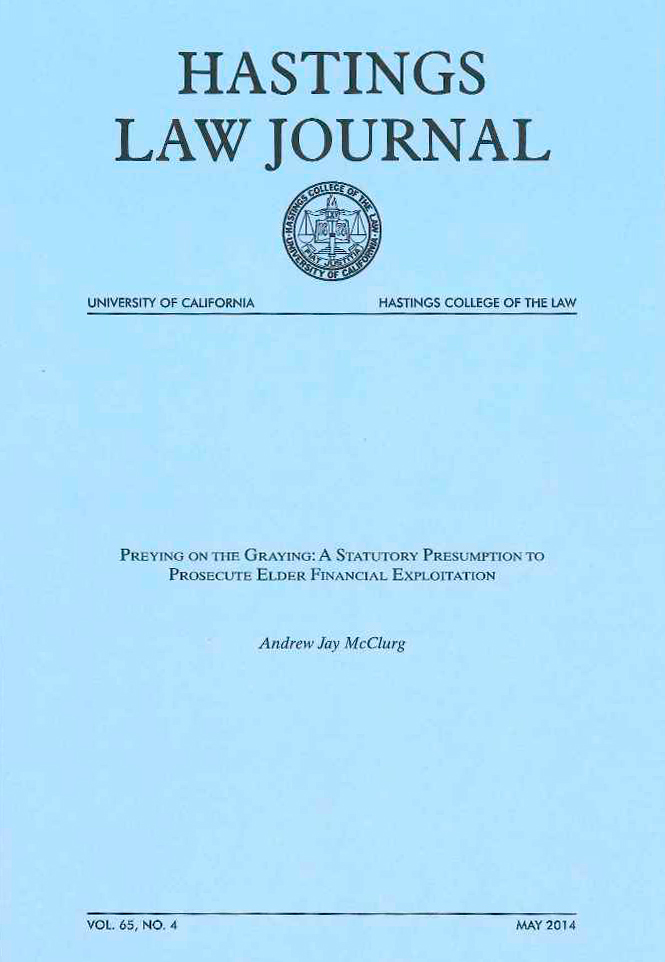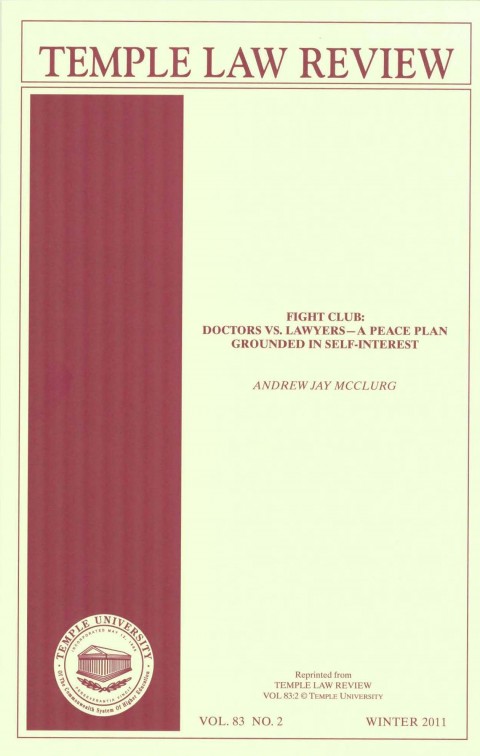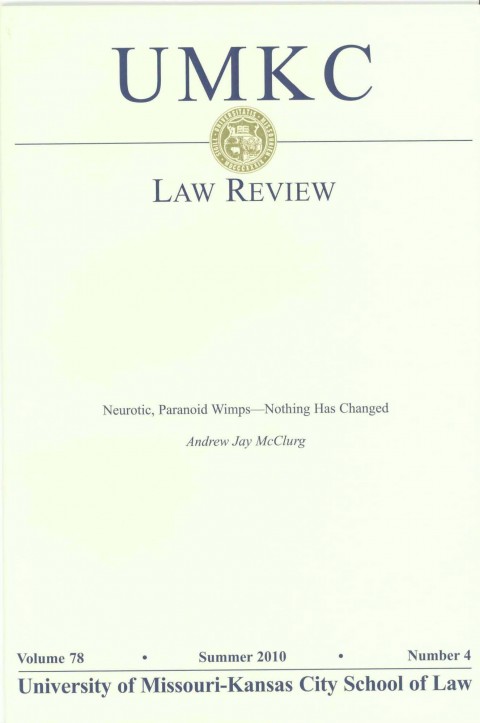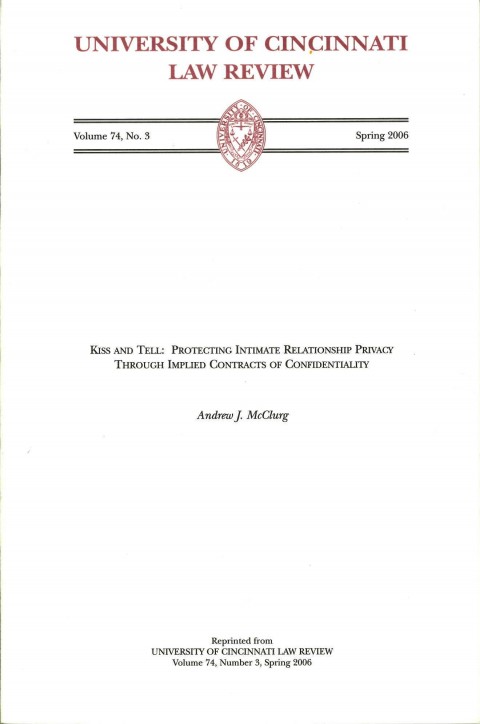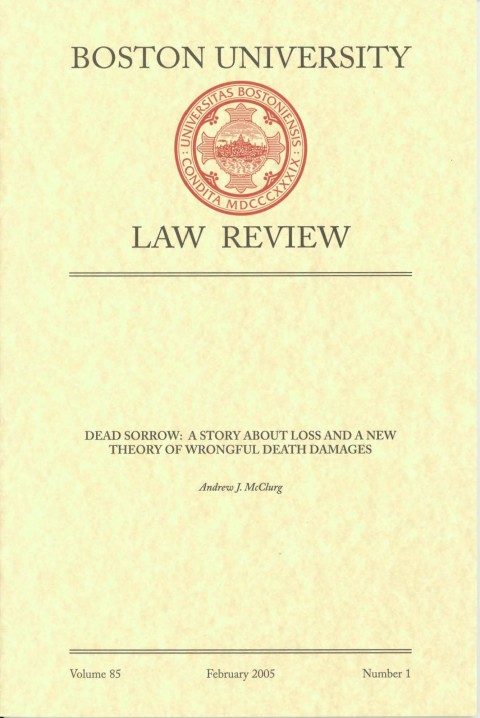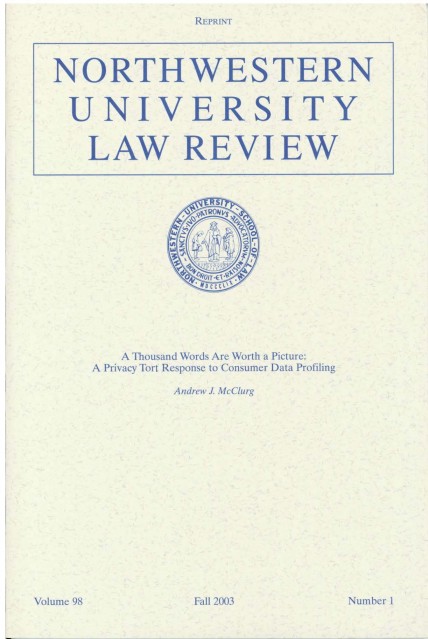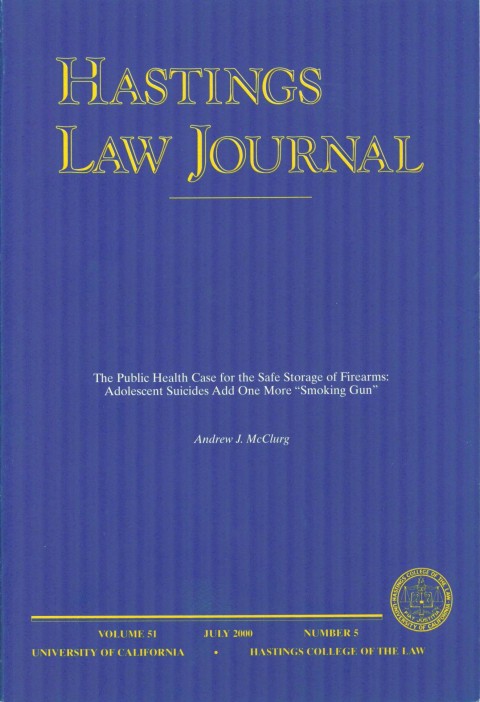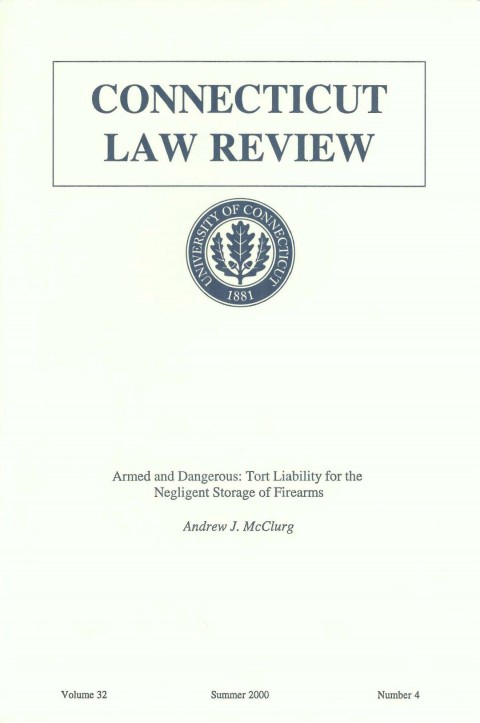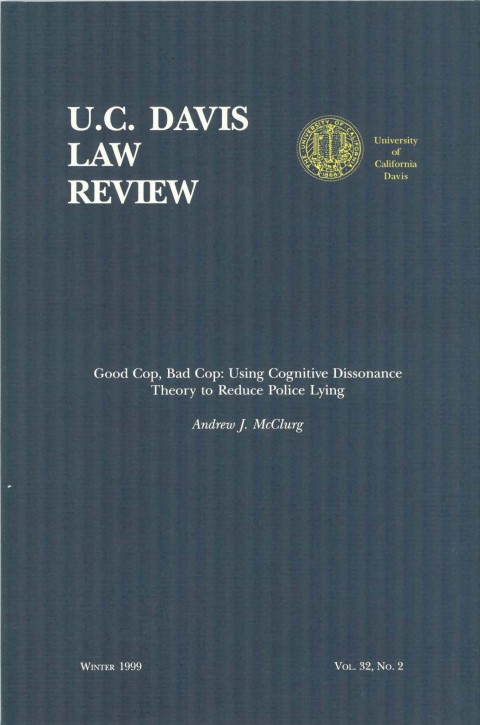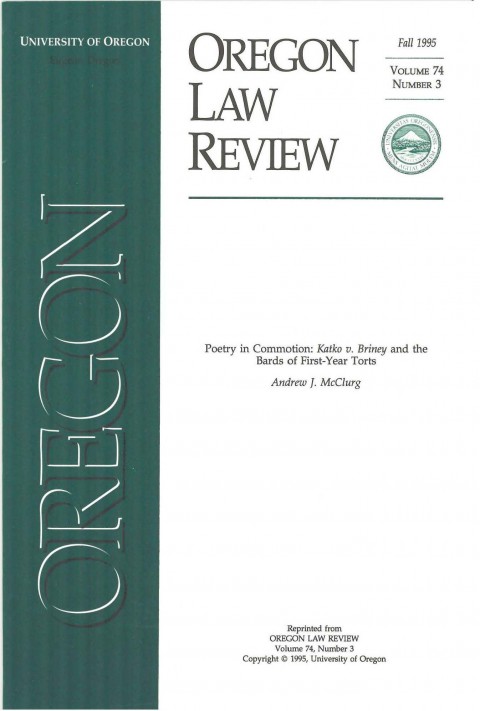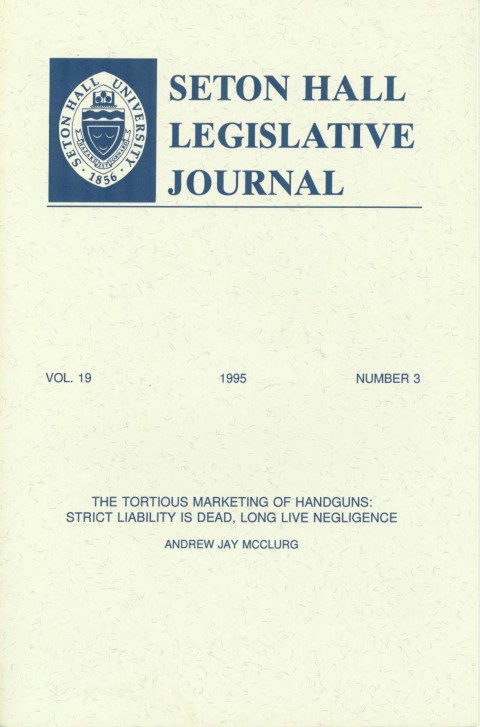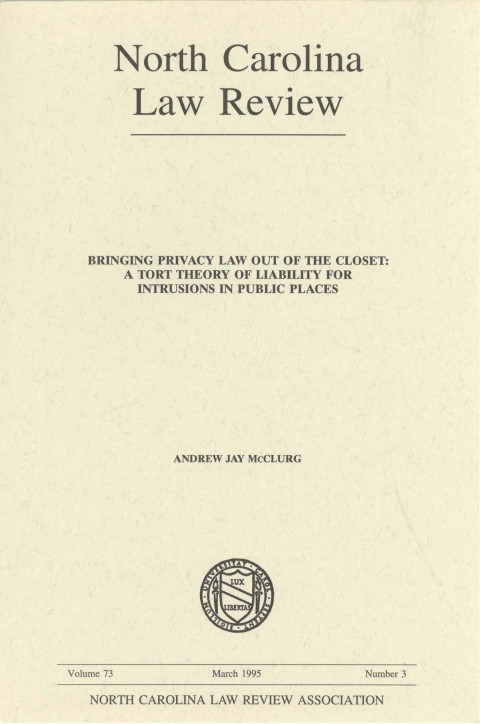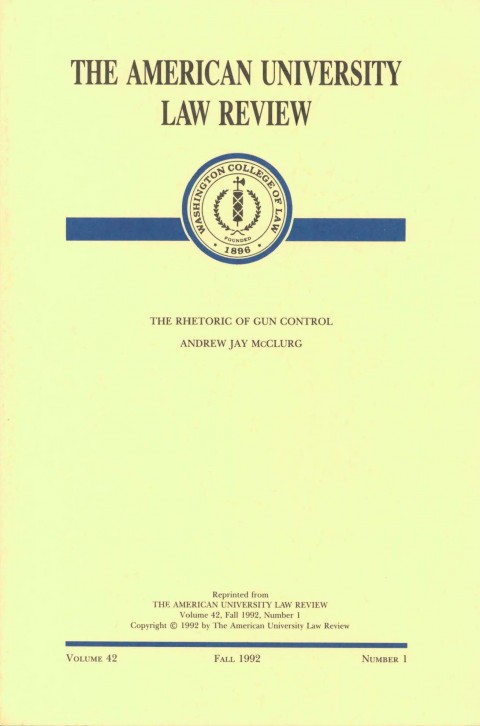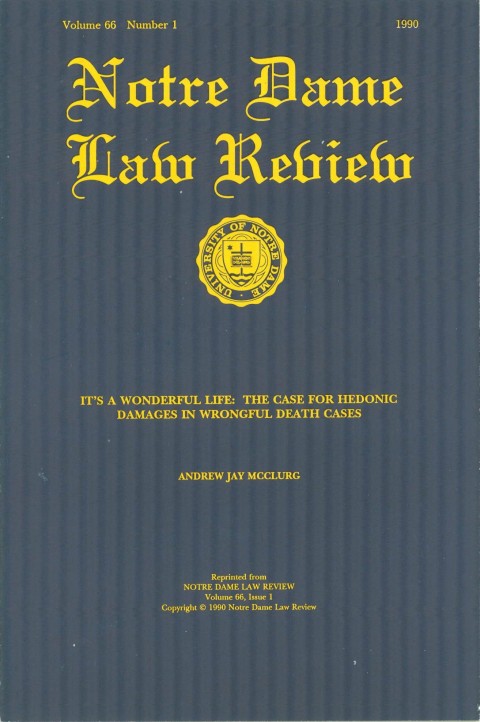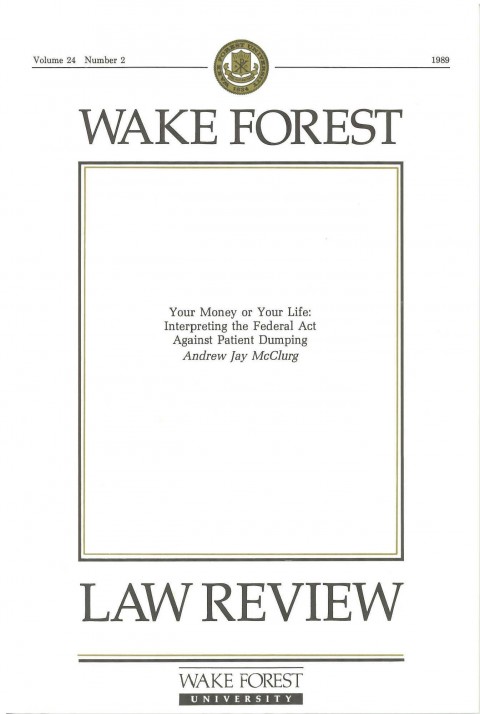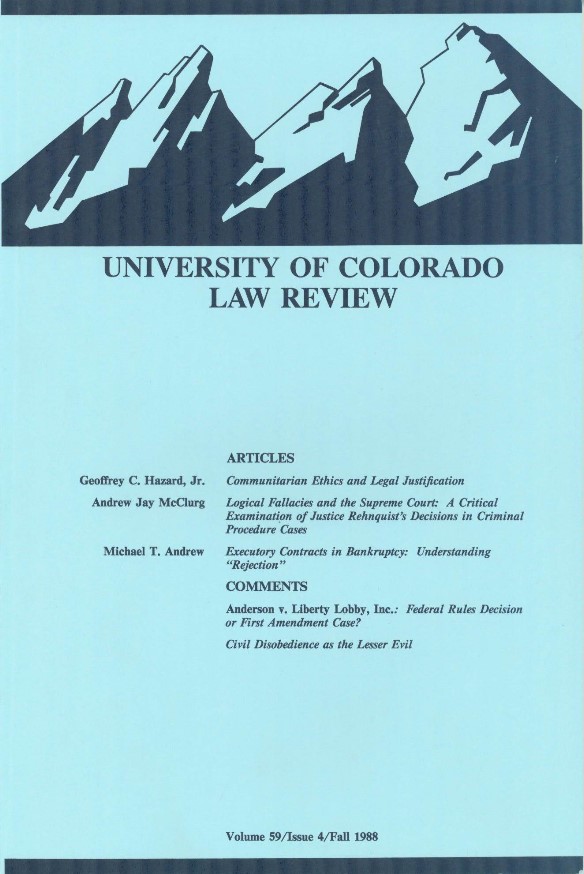Originally appeared in the September 2000 issue of the ABA Journal.
Campaign Refinancing |
|
|
BY ANDREW J. McCLURG [Written before Congress passed campaign reform in 2002 in the form of the bipartisan McCain-Feingold bill, parts of have been struck down by the U.S. Supreme Court as violative of the First Amendment.] Campaign finance reform has played a contentious role in this year’s electioneering, yet many people still are confused by the intricacies of this important issue. Voters, not being as smart as elected representatives, see campaign finance reform in simple terms. Surveys show 100 percent of ordinary dumb voters “strongly agree” with the statement: “Anyone who regularly gives me large sums of money is a pal of mine.” However, the issue is far more complicated, as proved by the fact that Congress has been unable to agree on it since first raised during the Madison administration. The good news is that opposing forces finally agreed to sit down and work out their differences. The bad news is their first meeting ended in a brawl over what time to adjourn for lunch. Lawyers, as vital members of the political debate, need to know about campaign finance reform. Here are the most commonly asked questions: Q. What exactly is “campaign finance reform”? A. “Campaign finance reform” is a term used by persons seeking political office. Beltway etiquette rules prohibit candidates from speaking, writing or even thinking about the concept after 7 pm on election day. Q. Many critics have the perception that special interests are “buying votes” with their contributions. What is being done to address this perception? A. Long barraged by such complaints, some officials have proposed simply selling votes outright at a fair market price. “We’re sick and tired of being accused of backdoor dealings,” said one indignant senator. Q. What is “soft money” and why do they call it that? |
A. Soft money is money that, under our airtight election laws, contributors are prohibited from giving to candidates, so they give it to their friends to spend for them. As for the name, one historical theory is that early politicians preferred paper currency over bulky change, which slowed their movement to the next fundraiser. Q. Opponents of campaign finance reform argue limitations on campaign contributions violate the first amendment. Is this true? A. Yes. The argument is historically based. Due to a typographical error, a crucial clause was omitted from the first amendment. The amendment originally stated: “Congress shall make no law respecting an establishment of religion, or prohibiting the free exercise thereof; or abridging the freedom of speech, or pertaining to any other matter unless members get generously comped for it.” (emphasis added) Q. Why did it take so long for Congress to require that groups sponsoring issue ads disclose their donors? A. Because donors to groups like “Moms for Mother Earth” (Biohazard, Inc., Waste Dumps R Us and Ultraslime) complained that the truth puts them at an unfair disadvantage in the marketplace of ideas. Q. Being a special interest sounds like fun. I like getting my own way. How do I know if my interests are “special” enough? I like to bowl and collect dead animals. A. An interest qualifies as “special” if the holder is able to satisfy the four-part test set forth in §4678.03 of the Code of Federal Regulations: 1. Get out your checkbook. 2. Find the balance. 3. Count the number of digits. 4. If the total exceeds 6, you’re a special interest. If you’re a less-than-special interest, just check the little presidential campaign box on your tax form each year. You will get exactly $3 of political clout. |


